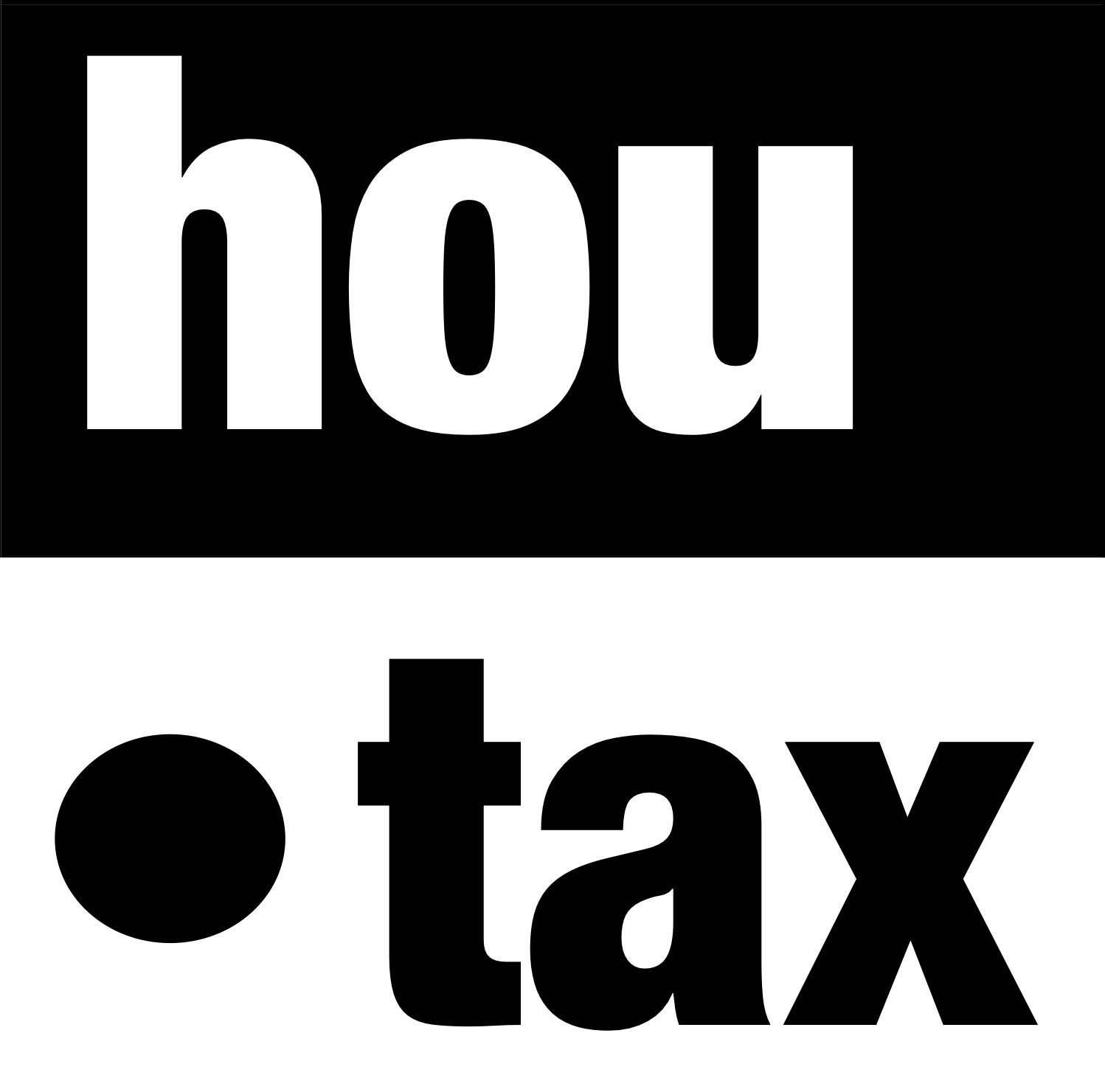Understanding US Social Security and Medicare Tax Obligations for Expats
Are you a US citizen working abroad or planning to do so? Understanding your US Social Security and Medicare tax obligations as an expatriate is crucial to ensure compliance with tax laws in both your home country and your country of residence. In this blog post, we'll break down the key points you need to know about these tax contributions as a US expat.
Employer Responsibilities
If you're working for a US-based company while on a foreign assignment or for a US-affiliated company overseas, you are subject to US Social Security and Medicare tax contributions. Fortunately, your employer is typically responsible for handling the withholding and remittance of these taxes, which should be reported on your Form W-
Totalization Agreements
For those expats who are subject to both the social tax program in their host country and US Social Security/Medicare taxes, there's a way to avoid paying duplicate social taxes. This can be achieved if your country of residence has a bilateral Totalization Agreement with the US. The US has Totalization Agreements with over 30 countries. To benefit from this agreement, you'll need to file a Certificate of Coverage.
Foreign Tax Host Country Social Tax
If you meet the requirements of having a foreign tax home and work for a foreign-owned and operated company with no US affiliation, it's likely that you won't owe US Social Security or Medicare tax on your foreign earnings. However, you may still be responsible for contributing to your host country's social tax program as well as paying foreign income tax.
Self-Employment Tax
For expats with self-employment income earned abroad, you'll be subject to the US Self-Employment tax. This tax includes a 12.4% contribution for Social Security and 2.9% for Medicare. These taxes are calculated based on your net profit, which is your self-employment income minus business-related expenses.
However, there is an exemption for self-employed individuals who are subject to social tax in their host country if the host country has a Totalization Agreement with the US. To claim this exemption, you should include Schedule SE (self-employment) in your US tax return along with a statement indicating your exemption from US self-employment tax due to the Totalization Agreement.
In conclusion, as a US expat, it's essential to be aware of your US Social Security and Medicare tax obligations based on your specific circumstances. Always consult with a tax professional to ensure that you are in compliance with both US and host country tax laws.
